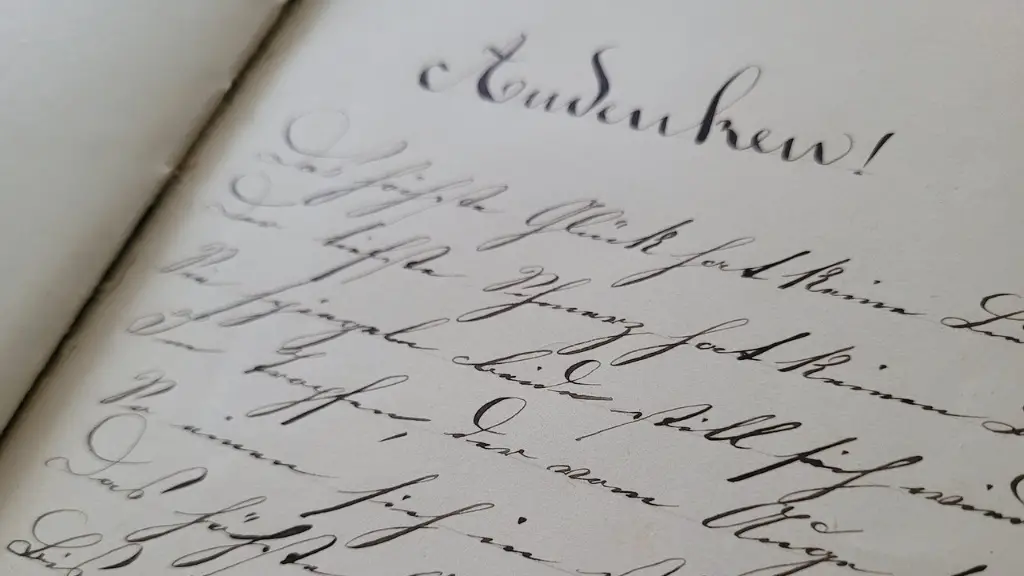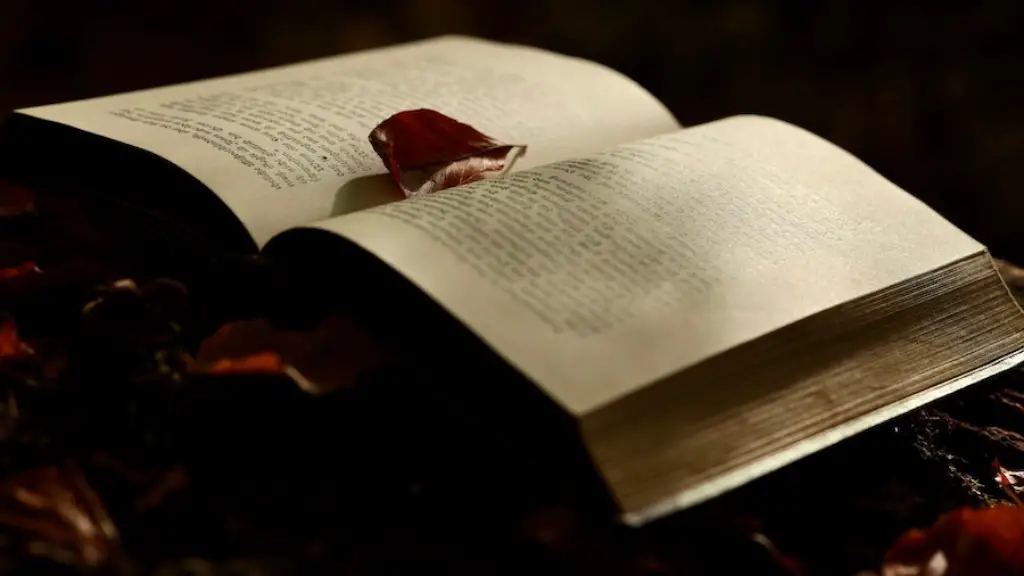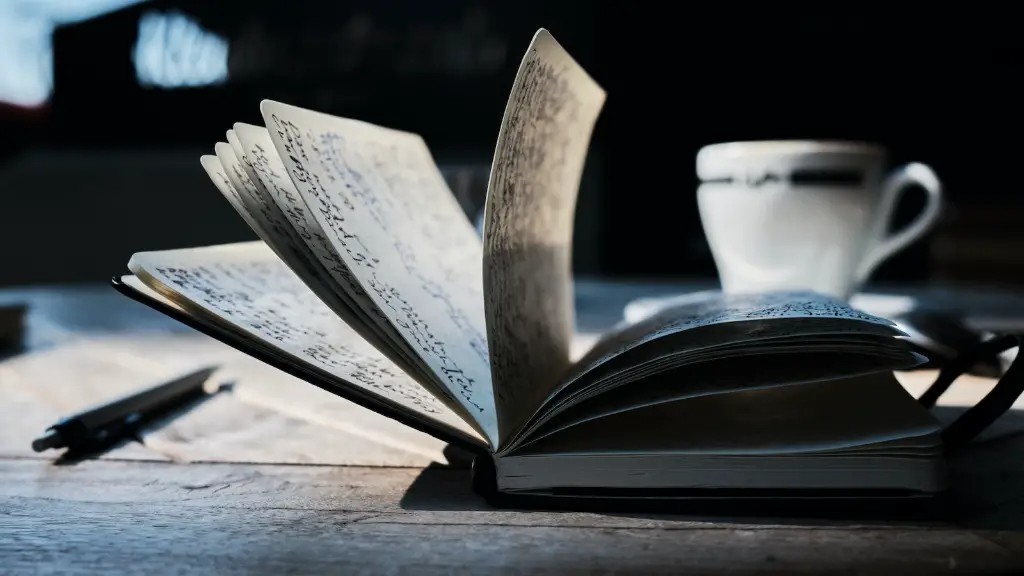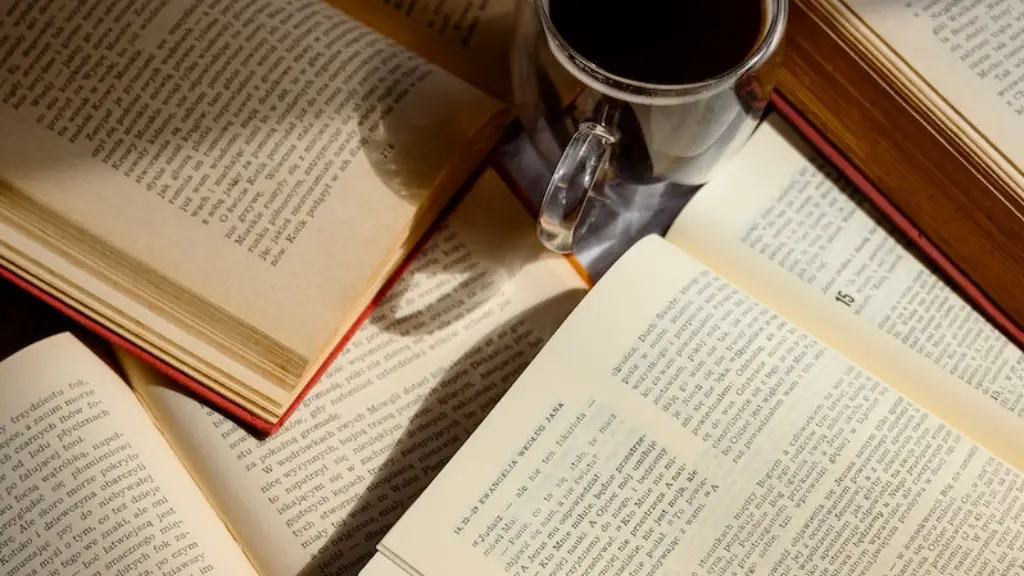Percy Shelley penned his famous work ‘A Defence of Poetry’ almost two centuries ago; yet its relevance today is utterly unrivaled. Within the discussion around the importance of classical and contemporary poetry in today’s world, Shelley’s paper stands out for its eloquence, profundity, and relevance. Shelley explored some of the core aspects of poetry, including its elevated capacity in relation to other forms of art and its core purpose.
Shelley was a highly acclaimed poet himself and argued in ‘A Defence of Poetry’ that the power of a poem was unparalleled. He identified poetry’s potential to act as a catalyst for change, both on an individual and collective level, commenting that “poets are the unacknowledged legislators of the world”. Shelley considered the role of instinct and imagination in poetry, as well as its potential to create universal messages. He drew distinctions between factual and poetic truths, insisting that the latter could be communicated more comprehensively and effectively than the former.
At its core, Shelley believed poetry provided a higher, even spiritual, form of communication; that unlike dialectics or science, poetic language “awakened emotion and kindled thought”. He felt poetry allowed for a depth of emotion and understanding far beyond what was possible for other forms of art. What Shelley did not do was make references to the worth of poetry as a product to be consumed by the masses–– he focused instead on the feelings poetry can elicit, emphasizing the profundity of emotion through which it can communicate messages.
Poetry’s capacity to impart a deeply profound understanding is reflected in its use of language. Poets rely on the imagination to create languages that offer a means of expression beyond everyday conversation. The very structure of poetry allows poets to craft rich and entrancing stories that are linked to the deepest depths of human emotion. Such language can lead to a heightened connection with readers, ensuring their messages have a greater impact and reach a larger audience.
Another area on which Shelley commented was poetry’s ability to provide a feeling of ‘inexpressible pleasure’, a pure pleasure that could not be matched by other forms of art. The delight he discussed was noted to be composed of beauty and truth, a deep emotion caressing the soul. He even identified music as the ‘sister of poetry’, labeling its importance to human experience by citing it as a critical element of poetry.
To this day, Shelley’s work is still discussed and revered, demonstrating the importance of poetry to generations past and present. His renowned paper ‘A Defence of Poetry’ has served as a foundation for much discussion and debate and is still held as a cornerstone within the study of literature. This paper may be two centuries old, yet its insights are universal, providing timeless wisdom and perspective on the role of poetry and its influence on humanity.
The Relationship Between Poetry and Society
Since time immemorial, poetry has been a tool used to stoke interest and debate over social issues. Through verse, poets have managed to capture the essence of their emotions concerning events and occurrences in society, tapping into the power of language to communicate their messages in ways that are both profound and moving. Shelley explored this power as he analyzed the influence of poetry on society and its potential to create positive and lasting change.
The universality of poetry bolsters its power to evoke feelings and understanding and to articulate a shared experience. Shelley asserted that poetry is beholden to no single place, still capable of enthralling hearts, minds, and senses from the distant past to today. Its ability to transcend language barriers and bring individuals together has been particularly evident during times of hardship and turmoil, when the need to share stories, experiences, and struggles is especially pronounced.
The capacity of poetry to connect and influence is so great that it has created artful expressions of protest and protest movements themselves. Poetry can be a bridge that brings people together and moves them to act for the same cause, unifying voices and feelings across societal divisions. Shelley recognized these effects, believing that it was through poetry’s “light and power of expression” that society could progress and voice causes as one collective.
The Role of Government and Poetry
Shelley argued that the government has, in the past, employed censorship and consequently had an inhibitory effect on poetry. He viewed the act of censorship as a tactic to suppress the creative innate energies of individuals, squashing the capabilities of poets to aid social progress and development.
Attacks on literature, including poetry, have always been quite common. Yet despite this, Shelley believed poetry could endure. He identified a need to safeguard and protect poetry wholly, calling on governments and societies to recognise and nurture poetry as a vital part of human expression.
For Shelley, it was the role of the government to ensure the freedom of poets, autonomy to develop and perfect their craft, and the lack of restriction that would drive poetry into the future. He was confident that poets could remain at the epicentre of society and, despite the potential dangers that surrounded them, remain secure in their ability to make progress and to create change.
The Link Between Poetry and Religion
Shelley’s paper spoke to poetry’s ability to achieve emotions and understanding related to religion, asserting that poetry was perhaps one of the most ancient forms of responding to the divine. He described religion as the “greatest force in the progression of humanity”, capable of imbuing people with an elevated sense of meaning and purpose.
It was through poetry that Shelley argued such profound understandings could be conveyed, citing the capacity of poetic expression to invoke a feeling of shared experience between reader and writer. Furthermore, Shelley used ‘A Defence of Poetry’ to comment on the power of language itself, connecting the use of poetic language to religious devotion and piety.
Shelley asserted that poetic language could elevate even the most humblest of causes, allowing readers to draw from its depths to come to a renowned appreciation for what religion can do for an individual. He recognized that poetry was capable of naturally aiding religious understanding, forming a bridge for sublime messages to reach individuals souls.
The Influence of Poetry on Modern Law
Modern law has seen the influence of poetry subtly creeping into its systems and structures, resulting in laws that are designed to protect and promote the freedoms of individuals. This is a direct result of Shelley’s ‘A Defence of Poetry’, which brought to light the importance of protecting the freedom of poets to create and develop their craft.
These laws have been instrumental in fostering a culture of artistic freedom and creativity, most notably seen in the legal system of the United States. It is now the role of the government to protect these artistic freedoms, and some countries have even gone so far as to name poets the recipients of awards for their contribution to the public discourse.
The acknowledgement of poets and their works demonstrates the lasting impact of Shelley’s ‘A Defence of Poetry’ and the value it places on the creative energy of poets. Similarly, the incorporation of poetry into law reflects the recognition of its power in creating change and progress in society, a key element of Shelley’s paper.
The Use of Poetry in Politics
The power of rhetoric in written, spoken, and sung forms has been employed throughout history to persuade people, discuss political matters, and ultimately shape opinions and ideologies. Poetry is no exception, having been used to influence leaders and citizens in the past and today.
Shelley was well aware of the influence of poetry, believing it to be a tool of influence that transcendent all other forms of expression. He noted that good poets could effect not only their readers but also their societies, aiding the development of government and social structures. Therefore, Shelley’s view was that poets should be held in high esteem and viewed as advisers to society and source of progress, critiquing the status quo.
Today, poets are still influencing the world around them, and their use of language serves to shape and guide conversations related to the political sphere. Poetry can become a potent weapon, capable of inciting change and redefining the political landscape. This is why Shelley argued that governments should recognize their potential and the inimitable power of poetry.
The Ability of Poetry to Foster Social Change
Social change is a product of collective action and effort, yet poetry has the power to be a source of inspiration and motivation for such a cause. Shelley identified this ability of mother-tongue verses and tales, believing that through their creative messages, attentiveness and companionship, poetry could create affective environmental and economic changes.
The realm of education is a great example of how poetry can foster social change. Poetic language has been used by teachers to engage young minds and to bring to life the most complicated of topics. And by allowing pupils to explore the key ideas and issues around us, a greater understanding and connection with the world can be created.
Workshops have also proven effective in cementing the idea of change. Through these, people have been given a platform to discuss common issues, aided by the use of poetic language that brings to light the emotions shared amongst those seeking change.
The use of poetry to move people to action has long been recognized, and the legacy of poets is rooted in the stories of their success. Shelley believed poets had a crucial role to play in achieving great human improvements, and his work ‘A Defence of Poetry’ remains an inspiration for this even today.





